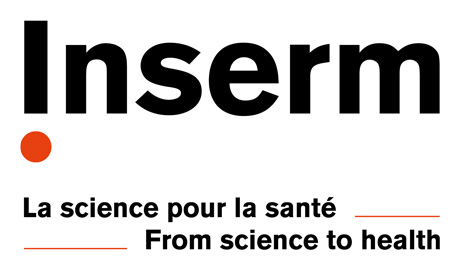





Current vacancies
ESR11 – Characterisation of the cerebellum and emotional networks in a transgenic rat model of ASD, University of Edinburgh
Deadline: 23 March
We are accepting applications for an Early Stage Researcher (PhD student) at University of Edinburgh. Please see below for project details and eligibility criteria.
Successful applicants will be offered a 3 year salary including mobility allowance and family allowance (if applicable) in line with the Marie Sklodowska-Curie Horizon 2020 requirements for Early Stage Researchers.
This project will characterise fear related cerebellar circuit properties using a range of behavioural, anatomical and electrophysiology/manipulation techniques in a rodent model of ASD.
A growing body of literature suggests that many behavioural and pathological changes in ASD can be associated with cerebellar circuit dysfunction. Indeed, multiple rodent models of ASD display cerebellar and behavioural abnormalities characteristic of impairments identified in individuals with autism, including fear and anxiety. Furthermore, unpublished work from our group has revealed robust fear phenotypes in transgenic rat models of ASD.
Given that prediction errors, encoded in cerebellar circuits, are thought to be essential to the fear extinction process and likely underlie many core ASD phenotypes, such deficits may thus reflect aberrant connectivity/activity within distributed cerebellar-fear circuits.
Therefore, this project will map fear related circuit cerebellar circuit activations (e.g. via cFOS) in a transgenic rat model of ASD coupled with in vitro/vivo electrophysiology to record interactions between specific cerebellar regions and emotion networks across a fear conditioning paradigm. Finally, manipulation of specific cerebellar output pathways may be used in an attempt to rescue fear behavioural deficits. The results will be compared and contrasted with those obtained in ESRs 1, 6 and 7. Collaboration with Paris on circuit manipulation experiments.
These experiments will determine how distributed cerebellar-fear circuits contribute to emotional processing in a rat model of ASD.
Eligibility criteria
Research Experience – Applicants must, at the time of recruitment, not already hold a doctorate degree and must be in the first 4 years (full-time equivalent) of their research careers (measured from the date of obtaining the degree which would entitle you to embark on a PhD).
Mobility – At the time of recruitment, researchers must not have resided or carried out their main activity (work, studies, etc.) in the UK for more than 12 months in the 3 years immediately prior to recruitment. Compulsory national service, short stays such as holidays, and procedures for obtaining refugee status under the Geneva Convention are not counted.
Additional entry requirements – Applicants must also meet University of Edinburgh’s entry requirements for a Neuroscience PhD (including English language qualifications).
The expected start date for this position is May 2022.
About CEN
CEN is delighted to offer fully funded PhD positions for talented and enthusiastic students. CEN is a Marie Sk?odowska-Curie Innovative Training Network of 8 leading universities from UK, Germany, France, Italy and Sweden and 9 industry/charity partners, funded by the European Research Council.
CEN will address the contribution of the cerebellum in the control of emotions, and in particular fear and anxiety. CEN offers the unique opportunity to conduct cutting-edge research in an outstanding interdisciplinary and international training and research environment, that will develop your skills and confidence to pursue a successful future career in academia, industry, hospitals, charities or NGOs.
Successful applicants will be offered a 3 year salary including mobility allowance and family allowance (if applicable) in line with the Marie Sklodowska-Curie Horizon 2020 requirements for Early Stage Researchers.
Structure of the programme
The 15 PhD projects span cellular, circuit, computational and neuroimaging approaches to study cerebellar contributions to emotional behaviours in health and disease, training a new generation of scientists with expert knowledge in both basic and clinical research. Two or three PhD students will work on specific aspects of the scientific question at each location. About half of the projects deal with fundamental studies in rodent models, which will enable a detailed description of the brain network processes at the level of individual and selected groups of nerve cells. The other half of the projects will look at cerebellar functions in humans, in healthy volunteers and in patients with diseases of the cerebellum and those with emotional problems such as anxiety disorders.
In addition to using cutting edge techniques enabling discovery science, you will benefit from close network interactions across the consortium, including joint meetings and laboratory internships. You will also get first-hand experience of private biotech companies, NGOs, rehabilitation clinics and national and international patient self-help groups to broaden your horizons and provide you with an unrivalled opportunity to link academic research with commercial and not-for-profit organizations.